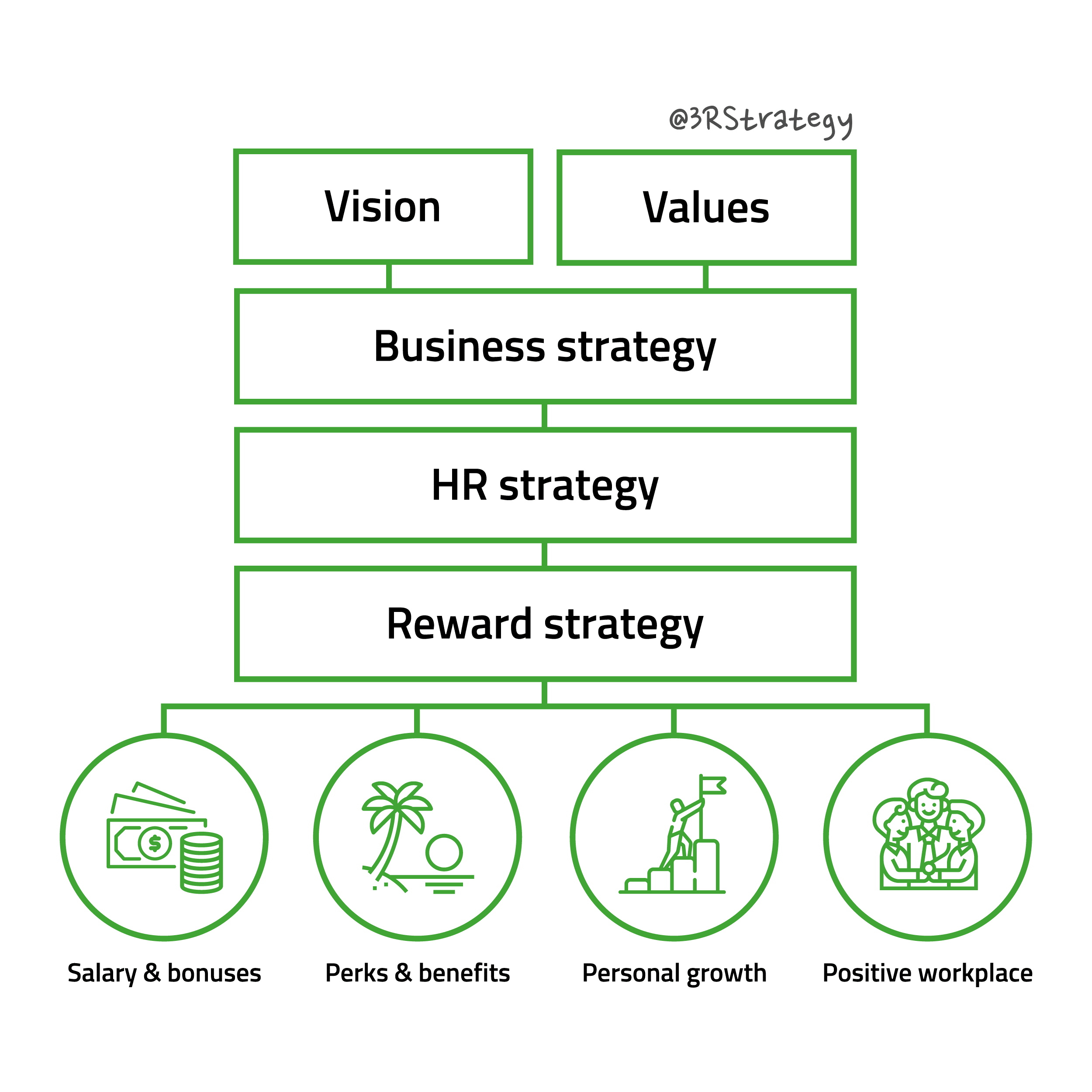Values-based recognition can best be defined as an employee rewards strategy that appreciates and acknowledges individuals for behaviours that align with the organisation’s core values.
The primary purpose of this approach is to drive business goals, create a supportive work environment, and establish positive relationships.
Why Values-Based Recognition Matters
In a workforce dominated by Millennials and Generation Z, expectations have shifted dramatically. These employees seek a greater sense of purpose and meaning in their work, rather than just competitive salaries.
Values-based recognition caters to this need, offering a deeper connection with their work and the organisation. It shifts the focus from the results to the process, encouraging employees to uphold the company’s core values in everything they do. This, in turn, sets them up for success in achieving goals and objectives.
Furthermore, values-based recognition strengthens the relationship between managers and employees, increasing job satisfaction and improving your organisation’s ability to retain top talent.

Implementing Values-Based Recognition
1. Communicate Your Core Values
Every organisation should have a set of core values that shape its culture and mission. For a values-based recognition program to be effective, employees need to be familiar with and understand these values.
You can do this in a number of ways—such as via employee handbooks, guides, visual one-pagers or even explainer videos. Recognising employees for embodying these values can make them feel valued and empowered.
2. Define Behaviours Aligned With Core Values
After communicating your core values, it’s crucial to define desirable behaviours that uphold these values. This clarity helps to create a culture of mutual understanding and sets clear expectations across the organisation.

3. Create a Recognition Plan
Developing a recognition plan is one of the most powerful and cost-effective ways to motivate and engage your employees. If employees are engaged, they’ll want to do their best to help the organisation achieve its mission.
4. Choose the Right Platform
It is not uncommon to offer various methods of recognition within an organisation. However, investing in the right platform to help you do so is crucial. We suggest using technology to your advantage. Online platforms provide effective ways of recognising behaviours, ensuring transparency and consistency.
If recognition isn’t easy and fun, it won’t get done. Make sure any software solution you partner with is a good fit for your organisation and capable of supporting your workplace (in-office, hybrid or remote).
5. Ensure Visibility Within the Organisation
Values-based recognition should be shared with peers where possible. This can motivate other employees to emulate the rewarded behaviours and drive a culture that reflects the values of your organisation.
Engage and Retain Your Employees
At a time when a sense of purpose is a key driver for our workforce, this approach plays a leading role in ensuring our team feel appreciated. Values-based recognition programs can significantly improve employee engagement and productivity by reinforcing the organisation’s vision and expectations.
Moreover, a strong sense of shared values drives employee contribution and commitment to the company. When people feel that they are an essential part of your company, they are likely to remain motivated.

